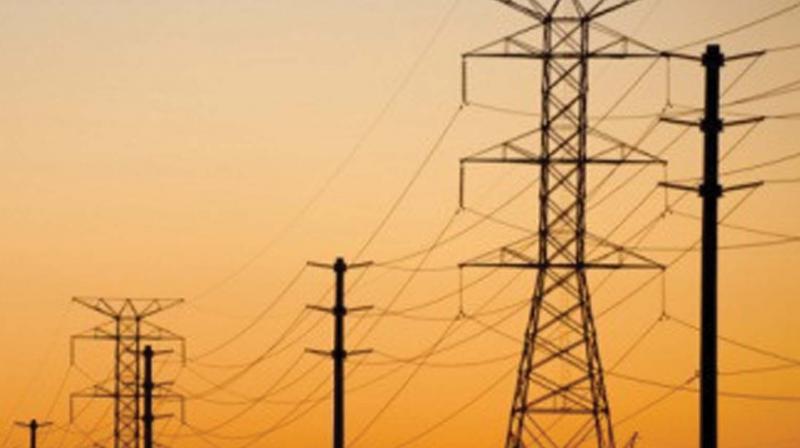Kerala's share of electricity from Kudankulam, Talcher under strain

Thiruvananthapuram: If it does not rain by the middle of May, the state could be pushed into a severe power crisis.
Already there is a shortage of 200-250 MW daily from Central generating stations. The heat wave lashing across the country has complicated the situation by increasing the demand for power in the country. This has not just reduced supply from central generating stations, but has also pushed up open market prices.
Both the units of Kudankulam Nuclear Plant has now been shut down; the first one was shut down in April for annual maintenance and the second unit had to be shut down on May 5 after water and steam leakage.
The 115 MW the state was sourcing from Kudankulam, therefore, stopped coming in from May 5. “Though it was said that the unit would be up and running on Monday (May 8), we are now told that it would be ready only by May 13,” said KSEB Limited system operation chief engineer Shaji N.N. The first unit will be ready only by the end of June. Besides the Kudankulam loss, there is shortage from another central generating station, Talcher Power Plant, Odisha. The country’s second largest power plant, which serves 17 states in the country, is already beset with coal shortage crisis. Though it requires 60,000 tonnes of coal daily, now it receives less than 50,000 tonnes. “Production has fallen, but now higher demand for power in the country means it would be difficult for states to get their allocated share,” Mr Shaji said. Already, the state has a deficit of 120 MW daily from Talcher; only 280 MW of the 400 MW now reaches the state from the thermal station.
Top KSEBL sources said that if the situation continues, it will hurt finances of the public utility. At the moment, power is purchased at an average cost of Rs 5 per unit. Higher demand has pushed open market prices to Rs 7 per unit, and is rising. The Electricity Regulatory Commission has approved a power purchase cost of Rs 7,100 crore for 2017-18. Fear is, if the heat wave persists, the power purchase cost could cross the limits.

